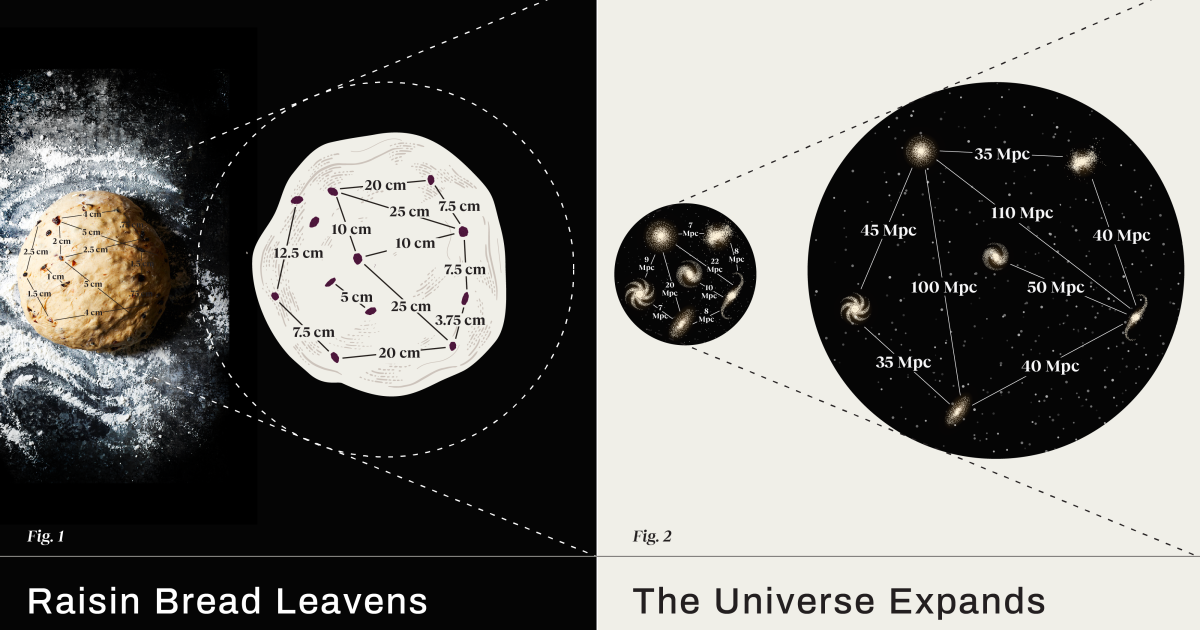You too. Crack a fucking book. You are obviously completely clueless about modern science.lol you meant to say you don't have anything. Okay.
Do you know what a xenobot is?
That was already 4 years ago.
Do you know why Caulobacter Ethensis-2.0 is important?
No, you don't - but I'll tell you.
It was the first AI generated synthetic life form.
The first synthetic genome was 10 years before that. And 10 years before that, MIT was giving out prizes for synthetic molecular machinery.
And here you are talking about some cat named Darwin, who's been dead for 150 years.
No one cares! The world is way beyond Darwin. No one even cares about evolution anymore. Today it's all about engineering.
Go look up what a xenobot is, you might learn something.

